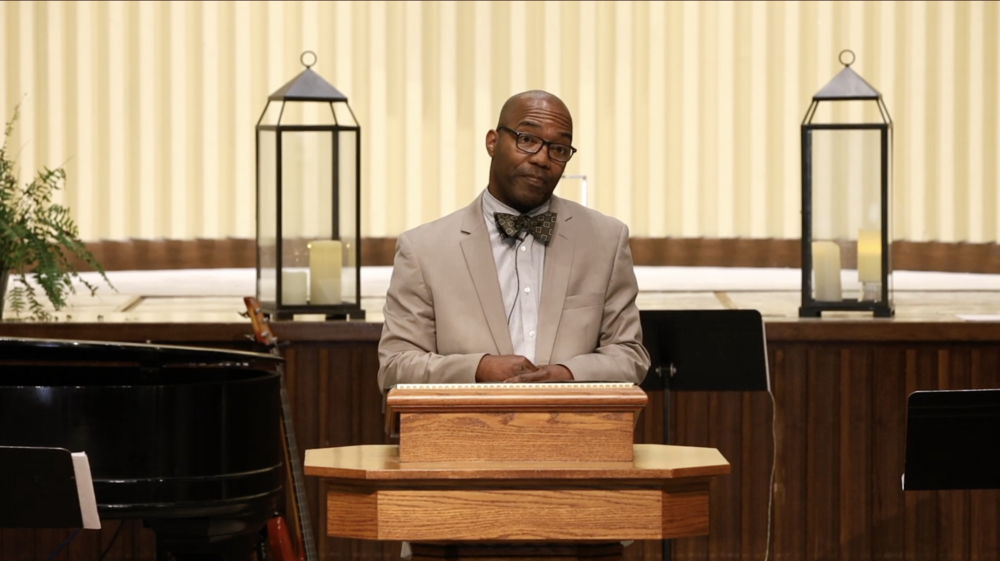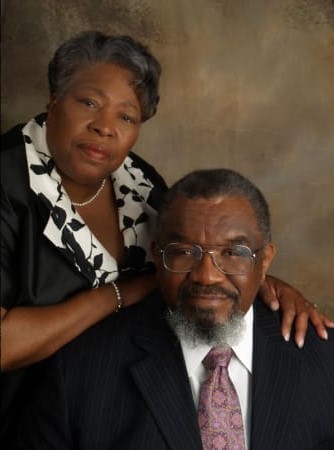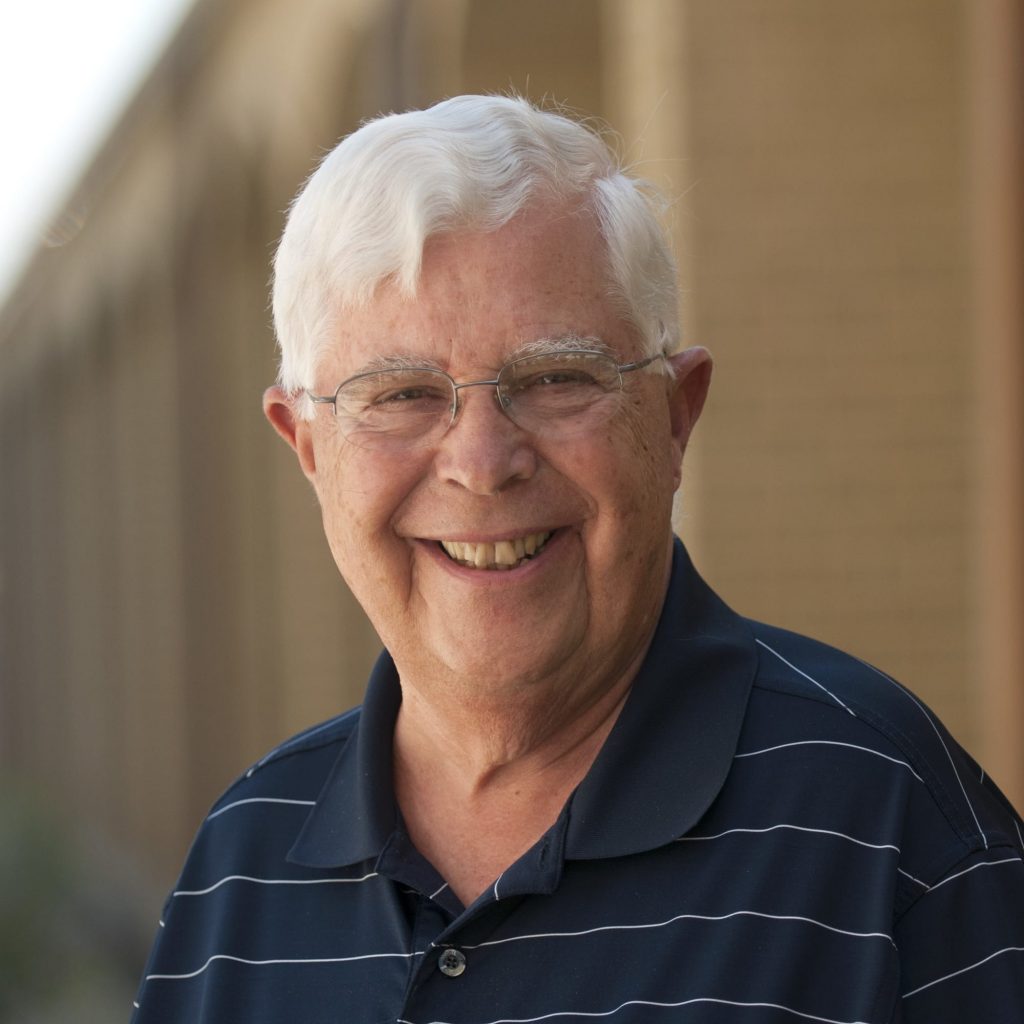Consider a couple caricatures: the lofty and somewhat oblivious professor, surrounded by weathered tomes in an ivory tower. His fingers are continually stained with ink; he can recite every Roman bishop since Peter yet cannot remember when church starts on Sunday. Then, there is the pastor, passionately spewing both words and spit onto the unsuspecting first row, thumping a weathered Bible against the heavy wooden pulpit. He knows exactly when the services start but eschews all books except the holy writ.
These caricatures, while providing a fascinating and amusing peek into the quirks of two seemingly distinct vocations, are rarely accurate. In fact, the professor and pastor often represent two sides of the same coin, each dedicated to helping others know more about the Lord. Many choose one or the other—Dr. Eric Redmond (ThM, 1997) never saw why he had to pick just one.

Dr. Redmond is the quintessential professor. His sharp, focused movements accentuate his high attention to detail and academic acumen. Yet, he is a classic pastor, marked by intentional questions and unwavering service to the local assembly, equipping the saints to proclaim Christ to all people. Dr. Redmond holds two complementary positions: Professor of Bible at Moody Bible Institute in Chicago, IL, and Associate Pastor of Preaching, Teaching, and Care at Calvary Memorial Church in Oak Park, IL. In both roles, he serves as an interpreter of the biblical texts,
seeking to say what the Scripture means in the hope of seeing students and fellow church members grow in making Christ supreme in their lives. At Moody, his courses focus on listening to the voice of God for intellectual, emotional, bodily, ecclesial, and missiological growth. Every class is an opportunity to contribute to the Christlike formation of his students. Similarly, at church, he seeks to model Christlikeness to complement his preaching and teaching.
Most recently, his book Say It: Celebrating Expository Preaching in the African American Tradition was lauded with recognition and named the 2020 Preaching Magazine Book of the Year. Yet, if you met him, you would not have known his earthly success; his attitude and behavior was continually marked by the grace, meekness, and gentleness of Christ, attributes he continually prays that the Lord would increase in him.
While sitting under Dr. Eddie Lane at DTS, Dr. Redmond learned much of this lived pastoral theology and wisdom—wisdom that one cannot find in books on pastoral theology. Dr. Lane was fond of picking on Dr. Redmond’s naiveté about the motives of church folk and working with elders and deacons. He gave depth and joy to the formal parts of his shepherding training.
While Dr. Eddie Lane formed much of Dr. Redmond’s pastoral heart, Dr. Elliott Johnson was crucial to his homiletical and discipling development. Dr. Johnson’s theory and method of interpretation gave him the ability to preach and teach from all parts of Scripture and do scholarship in hermeneutics and exegesis. Their extracurricular talks about the interpretation of passages, pastoral care, and discipleship still profoundly shape all Dr. Redmond does in caring for the soul of those he serves.
Dr. Redmond also remembers the time spent with classmates in Spiritual Formation and the African American Student Fellowship. In his SF group, he noted the gritty necessity of walking with others in pain; one of Dr. Redmond’s fellow members went through cancer treatments and ultimately died from the illness. He has carried many of those friendships with him on his journey of ministry, watching the Lord use his friends in ways far more awesome and impactful that anything he ever dreamed.

Dr. Eddie Lane

Dr. Elliot Johnson
Dr. Redmond’s dream always entailed involvement in both the academy and local church. At times, he has let one draw him away from the other; after all, the caricatures of professor and pastor seem to have little in common. Yet, driven by a strong desire to see all grow in making Christ supreme in their lives, he remains confident in his bi-vocational identity.
Dr. Redmond may stand as one of a small group called to this bi-vocational identity. Or perhaps he stands on the precipice of a crucial change, where the assembly and academy join minds and hands in the grace, meekness, and gentleness of Christ for the glory of God.

